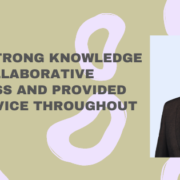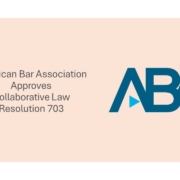Cordover Joins Sarasota Collaborative Family Law Professionals
Family Diplomacy managing attorney Adam B. Cordover has joined the Sarasota Collaborative Family Law Professionals (“SCFLP”) practice group.
About the Sarasota Collaborative Family Law Professionals
 SCFLP is similar to a local bar association (it is not a law firm), and it is a membership-based organization made up of independent lawyers, psychologist, therapists, accountants, and financial planners who believe that there are better alternatives to court-based divorce. Specifically, the group educates professionals and the public about Collaborative Divorce and Family Law, and its members help families through the Collaborative Process.
SCFLP is similar to a local bar association (it is not a law firm), and it is a membership-based organization made up of independent lawyers, psychologist, therapists, accountants, and financial planners who believe that there are better alternatives to court-based divorce. Specifically, the group educates professionals and the public about Collaborative Divorce and Family Law, and its members help families through the Collaborative Process.
As stated in the Sarasota group’s brochure, “All members of SCFLP have extensive experience in the area of family law. They are committed to the collaborative process and work together to reach a settlement on fair and equitable terms without the financial and emotional cost that often accompanies litigation. All members of SCFLP have extensive experience in the area of family law, and are licensed by their respective designated professional organization. Each completes the training required by the International Academy of Collaborative Professionals (IACP).”












